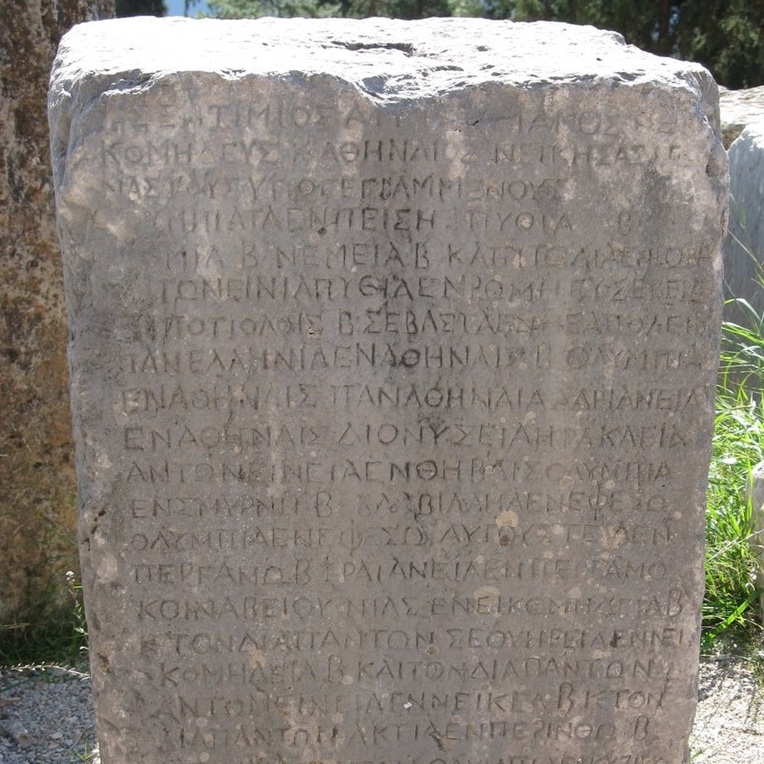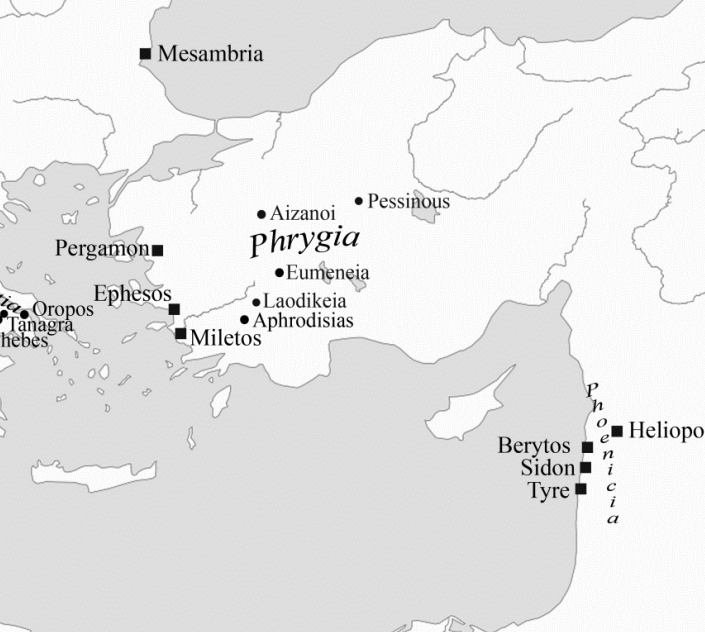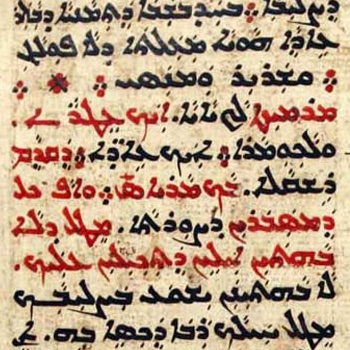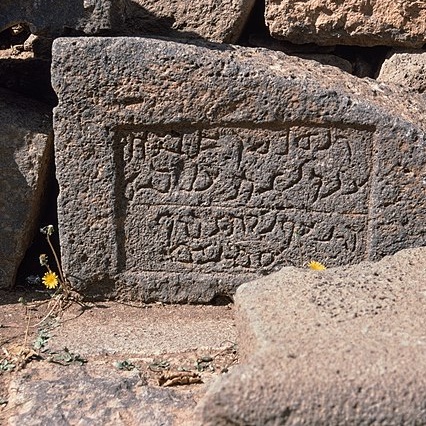Guests talks
- Dominika Grzesik (University of Wroclaw) with a guest talk for EpIdentity

On 13 June, Dominika Grzesik (University of Wroclaw), laureate of the Géza Alföldy – Publication Grant 2021, gave a guest talk for EpIdentity project during the Warsaw Papyrology and Epigraphy seminar hosted by Tomasz Derda, Adam Łajtar, and Adam Łukaszewicz. The talk was titled: „More differences or similarities? The honorific habit of Delos, Delphi, and […]
- Krzysztof Nawotka explores the epigraphic cultures of the Eastern Mediterranean

On 30 May, our project’s guest, Krzysztof Nawotka (University of Wroclaw), gave a talk at the Warsaw “Papyrology and Epigraphy Seminar” on the epigraphic curves and fluctuating numbers of inscriptions from the Eastern Mediterranean. Being a laureate of two Maestro grants from the Polish National Science Centre, he leads a team closely exploring differences in […]
- Emiliano Fiori presents on apocryphal writings

On 12 May, the Warsaw Late Antique Seminar hosted our project’s guest Emiliano Bronisław Fiori (Università Ca’ Foscari Venezia) with a talk tilted „Re-thinking the hereafter in Egypt during the Origenist crisis: The Apocalypse of Paul”. Emiliano is an ERC grant holder exploring Syriac apocryphal traditions of Late Antiquity. Abstract: The Apocalypse of Paul, or […]
- Marlena Whiting gives a guest talk for EpIdentity

Our project hosts yet another guest talk – on 11 April Marlena Whiting (Johannes Gutenberg-Universität Mainz / Martin-Luther-Universität Halle-Wittenberg), a member of the DFG-funded project “Procopius and the Language of Buildings”, will come to Warsaw to read a paper “What’s in a title? Late antique ‘matronage’ through the lens of church dedicatory inscriptions” during the […]
- Piotr Głogowski gives a guest talk

On 28 and 29 March, our project hosted dr Piotr Głogowski, a researcher in quantitative epigraphy based in Wrocław. Piotr gave a talk titled “The epigraphic culture of southern Levant in antiquity” at the papyrological and epigraphical seminar, and then participated in our project meeting, offering useful hints on completing our lists of editions of […]